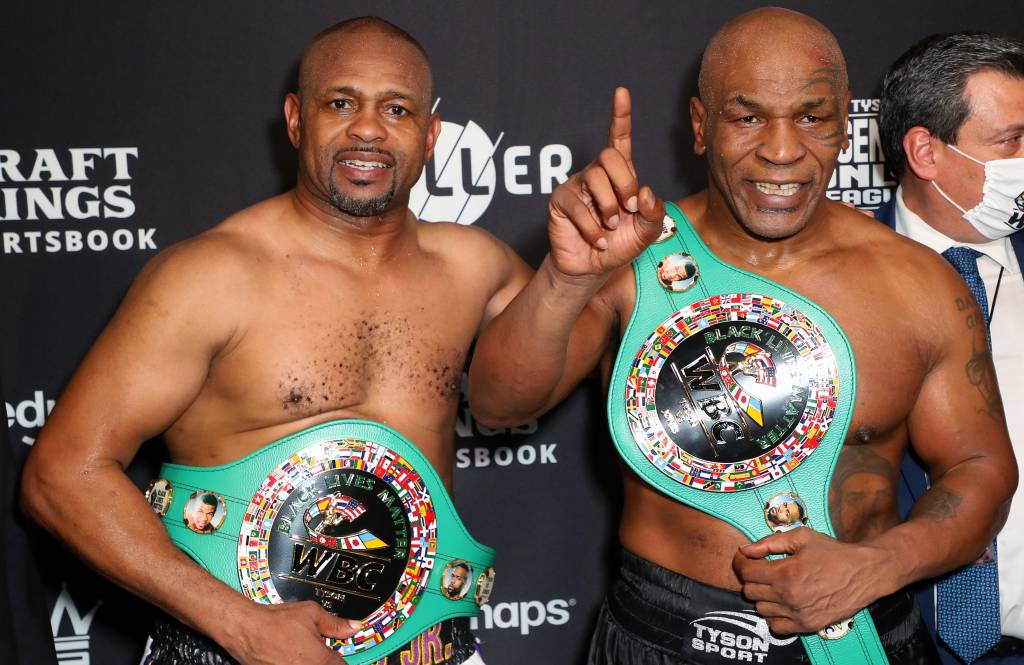When I was a kid, trading sports cards were a hobby that revolutionised school culture. It became an activity that indirectly taught youngsters the essentials of business in an enjoyable way. For a while, Shoot Out cards and Match Attax’s were the UK’s top trumps. Several years later, FIFA saw an opportunity to make sports cards digital through the FIFA ultimate team feature by introducing player packs available to buy, sell and trade. Anyone would’ve thought an old-fashioned trade-off between sports cards would stay in the past with digital media growth. Alternatively, it’s influenced multiple mediums for betting operators, card traders and other organisations to sell their assets for wealthy investment opportunities. This blog post sees me investigate what makes sports cards such a fantastic asset in this era.
Sports cards tie into the sports betting market

The thought of receiving a one of a kind item is what entices sports card traders to get involved in the game. It creates similar excitement in buying a lottery ticket. Plus, it draws in attention from non-sporting audiences the same way sports betting does. For example, an average fan watching a sports game is likely to be emotionally invested in the event. However, when money is at stake, they become both emotionally and commercially invested as they could have something to gain financially.
Digital has opened up multiple avenues to trade

Social Media is continually becoming more innovative at enabling multiple business exchanges. Instagram’s shop window and Facebook Marketplace have grown in popularity for users to sell a multitude of merchandise. Plus, sport card-specific e-commerce mediums have been developed, including urban reseller, StockX, which has opened up a marketplace for trading cards. Others include Sports Trading Cards, the blez, blowout cards and Topps.
Turbocharged nostalgia drive profitability

Arguably, nostalgia is one of the most significant drivers for accumulating positive Return On Investment (ROI). For example, Mike Tyson vs Jones Jnr returning to the ring last December acquired over 1.6 million Pay-Per-View (PPV) buys, making it one of the highest-selling PPV events of 2020. It makes sense from a trading card perspective, senior generations that grew up in the ’80s and 90’s now have kids, and they’ll naturally tell stories to their kids about what they did when they were younger. Therefore, sports trading cards create a reminiscent impact that draws senior generations to invest in the products.
Current sports events influence sports cards values

Jared Bleznick, the founder of sports card breaker, Blez, admitted social moments in sports could increase the value of sports cards. He mentioned everyone featured in Michael Jordan’s ‘The Last Dance’ Netflix documentary experienced an uprise in their trading card value. Scottie Pippen, Dennis Rodman, Reggie Miller and Karl Malone were some. Seeing the tragic passing of basketball legend, Kobe Bryant, his trading card value rose last year considering his legacy in the sport. Trading cards have adopted a similar algorithm to the stock market, the more socially relevant an asset becomes, the higher it rises in price. This has attracted interest from high-profile celebrities to invest in sports cards. Some examples include US music artist, Chris Brown, American actor Bryan Cranston, NFL player, Evan Mathis and former MSNBC newsreader Keith Olbermann.
Trading attracts a niche but wealthy audience
A one of a kind signed Mike Trout sports card sold for nearly $4 million in 2009. Typically, demographics associated with trading cards have more money to spend than what they know to do with it. E.g. US creator, Logan Paul, bought a $150,000 limited edition Charizard pokemon card from a trader who revealed he had someone willing to sell their house to purchase the same card. The trading card market obtains a low supply but an extremely high demand which arguably makes it more profitable than many other sub-industries in sport.
To summarise, the sports card market is a lucrative investment opportunity due to the sectors synergy amongst sports betting, wealthy audiences, nostalgic emotion which has pivoted with the change of digital to raise the trade profile to a mass-market.


informative article; here is another platform for trading cards using crypto currency that I have read about: https://avc.com/2021/01/trading-cards-nfts-and-crypto/
LikeLike